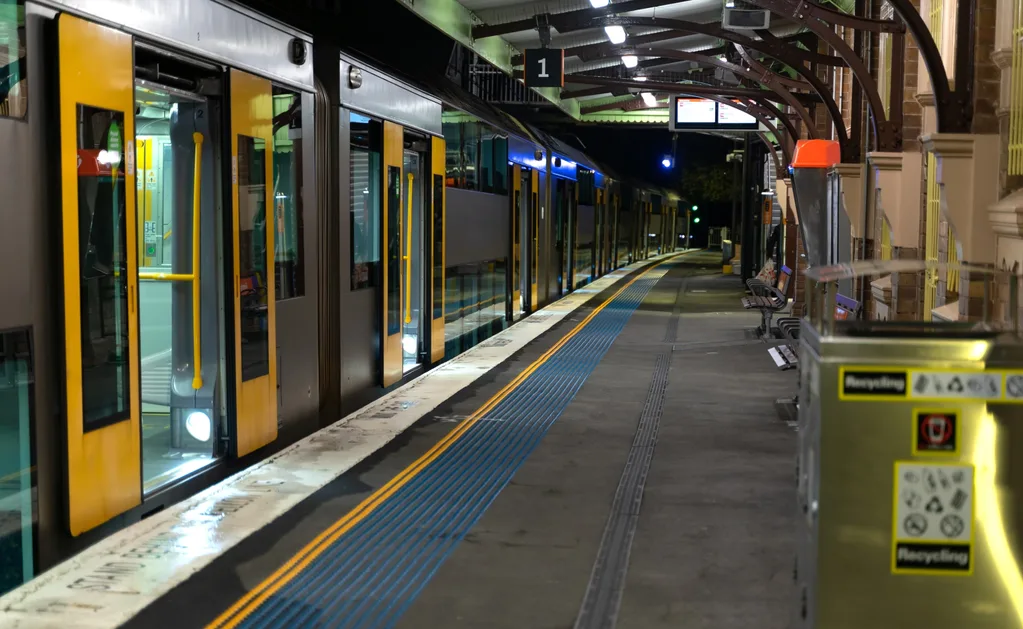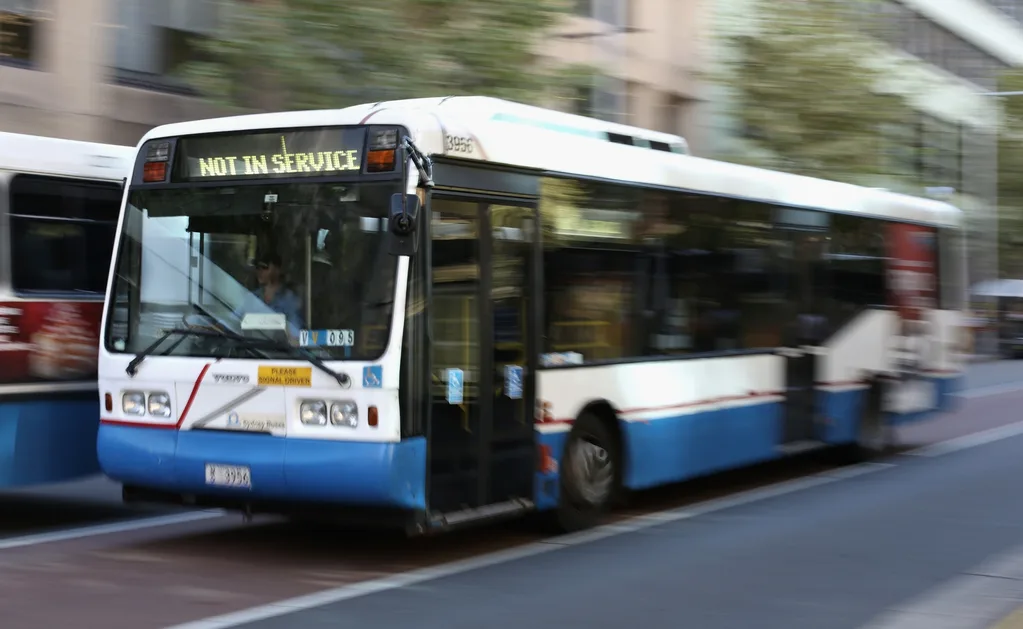If you live in Sydney, Australia, then you’ll most likely be impacted by a train and bus strike which has coincided today, August 31.
Whether it’s missing a bus or a train, or experiencing increased congestion on the road, hump day is set for major road disruption across the city as public transport drivers walk off the job.
So why are they striking and when will they stop? Below, we’ve wrapped up everything you need to know.

Why are Sydney train drivers striking?
Over the month of August, train commuters have experienced varying levels of disruption as train drivers take industrial action against the government. It all came to a head on August 31 when, as of midnight, train drivers refused to operate foreign-made trains. This caused a 70 per cent decrease in usual workday services.
The reason they walked off? Drivers claim the NSW government will not meet their safety demands in relation to the New Intercity Fleet.
Per the Rail, Tram, and Bus Union (RTBU), a new Korean-built fleet of intercity trains—which are not yet in service—are “unsafe” and require modification. These trains were designed to be operated by drivers who can monitor the platform by CCTV alone, but the Union claims this doesn’t give drivers adequate vision to see if a person has fallen between a train and a platform.
After these concerns were voiced, the government agreed to modify the trains to meet the union’s request (transport minister David Elliot pledged $264 million to do so), but the union says the government has not committed to the pledge.

Why are Sydney bus drivers striking?
A bus strike is coinciding with the train strike on August 31, though the key reason for this is over a separate issue: The Transport Workers Union (TWU) is taking industrial action over pay and working conditions for bus drivers.
TWU state secretary Richard Olsen said bus staff had worked tirelessly throughout the pandemic and that the government owed them better working conditions and consistent pay—some drivers are currently paid less than other drivers who operate the same routes. Similarly, a wage discrepancy among RTBU members has created a two-tier workforce.
In terms of working conditions, the union claims things as simple as public restrooms for drivers on their routes were not available.
“Drivers are expected to ‘hold on’ because toilet facilities are either closed or non-existent,” Olsen claimed in a statement.
“The NSW government control(s) the purse strings,” he continued.
The strike has resulted in 1100 bus drivers walking off the job for six hours on Wednesday between 4am and 7am and 2pm until 5pm.
When will the strike end?
Some might assume that because the strike has come to a head today, everything will now go back to normal—but it’s not quite that simple. As unions and the government continue negotiations, it would be wise to treat the reliability of public transport with caution until agreements are made.
In short, leave wriggle room for your travel plans—public transport delays can be prevalent at the best of times, and the strikes will only exacerbate it.










